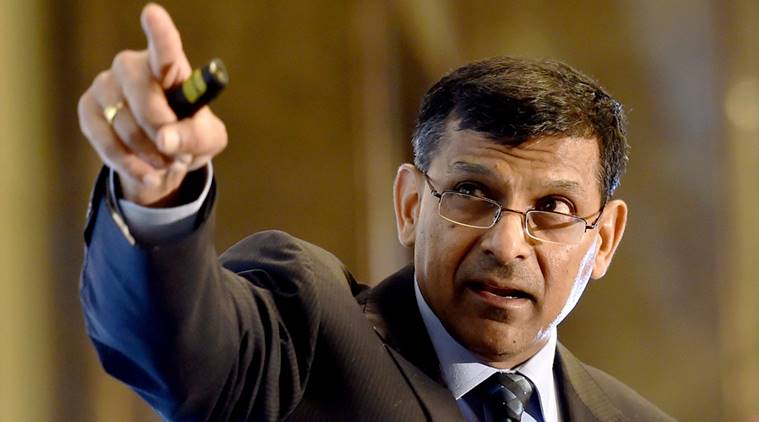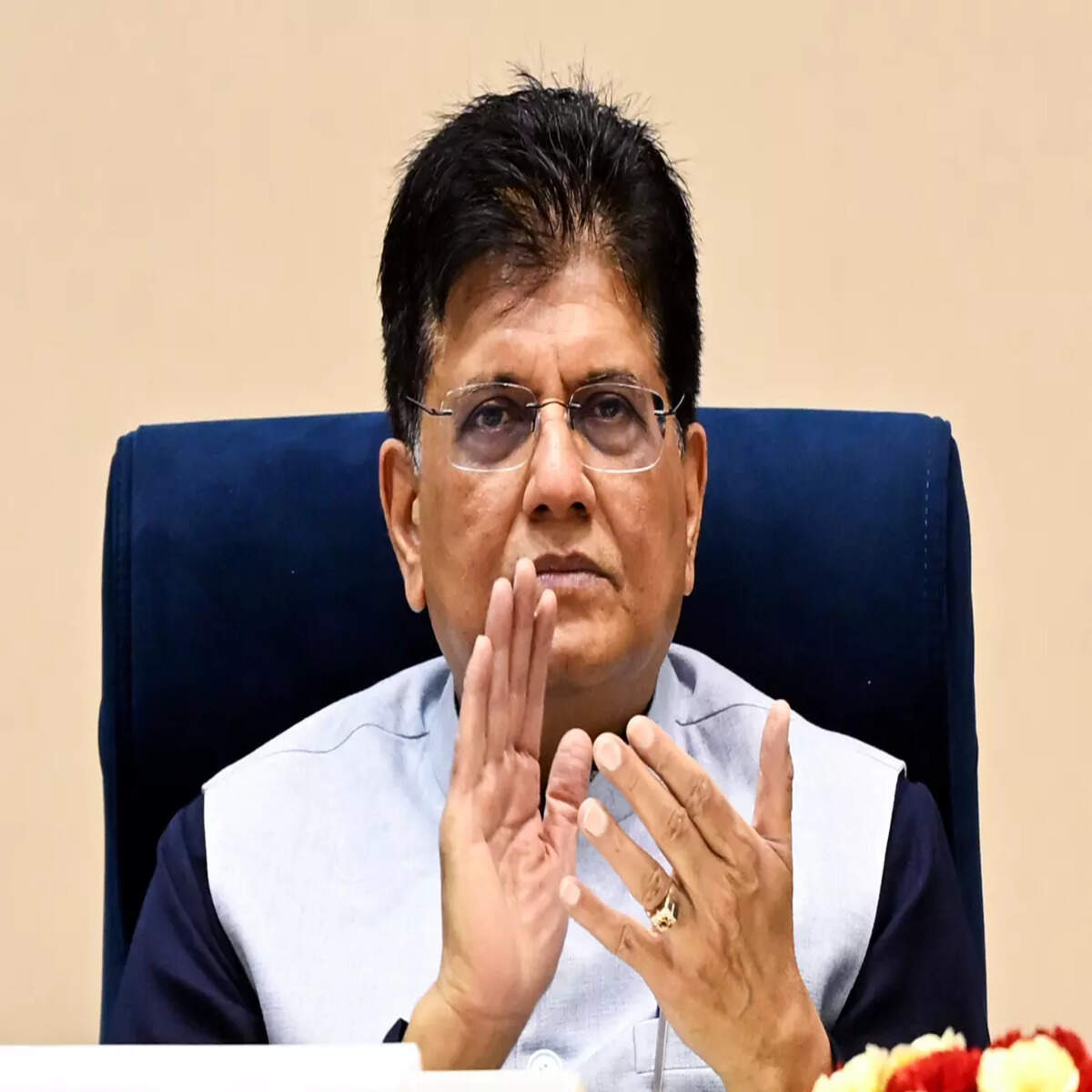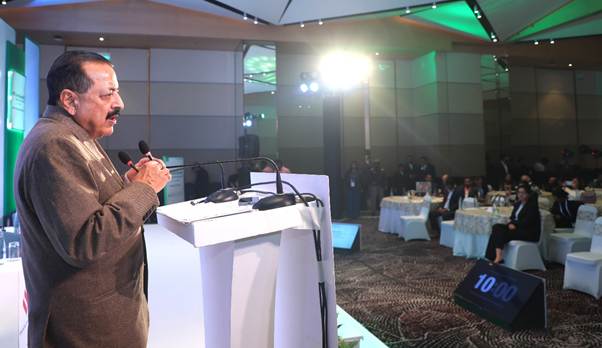New Delhi, December 20, 2024: Former Reserve Bank of India (RBI) Governor Raghuram Rajan recently weighed in on the ongoing debate about civil servants heading the central bank. Speaking in an interview with The Print, Rajan acknowledged the complexities of the RBI-Finance Ministry relationship, emphasizing both the challenges and benefits of having senior IAS officers in leadership roles at the central bank.
 Key Insights from Rajan:
Key Insights from Rajan:
- Structural Tensions: Rajan highlighted the inherent tension between the RBI and the bureaucracy, explaining that the issue often lies in structural dynamics rather than policy disagreements. “There is always an issue between the RBI and the bureaucracy,” he noted, citing blurred boundaries that can complicate their working relationship.
- IAS Governors and Power Dynamics: When an RBI governor comes from the IAS cadre, power dynamics can sometimes lead to friction, especially if the finance secretary was a former junior colleague. “It might create mutual respect—or problems. It’s not a foolproof method; sometimes it works, sometimes it doesn’t,” Rajan remarked.
- Checks and Balances: Rajan stressed that a calibrated level of tension between the RBI and the Finance Ministry is essential for maintaining institutional checks and balances. However, he cautioned against allowing this tension to escalate into unhealthy conflicts, which could undermine the central bank’s independence.
- Communication Issues: He criticized instances where the Finance Ministry indirectly undermines the RBI by briefing the media against its policies, advocating for better coordination and communication between the two institutions.
Transition of Leadership at RBI:
The discussion comes as Sanjay Malhotra assumes office as the 26th RBI Governor, succeeding Shaktikanta Das. Malhotra, a Princeton-educated IAS officer with over three decades of experience, transitions directly from the Finance Ministry, where he served as revenue secretary.
Malhotra’s tenure at the Finance Ministry was marked by significant reforms, including:
- Rationalization of capital gains tax.
- Restructuring of income tax slabs.
- Advocacy for a 28% GST on online gaming.
His appointment makes him the first bureaucrat since Duvvuri Subbarao to transition directly from the Finance Ministry to the RBI.
A Delicate Balancing Act
Rajan’s comments underline the fine balance required in the relationship between the RBI and the Finance Ministry. While structural tensions are by design, ensuring they remain constructive rather than destructive is critical to preserving the independence and efficacy of the central bank.




